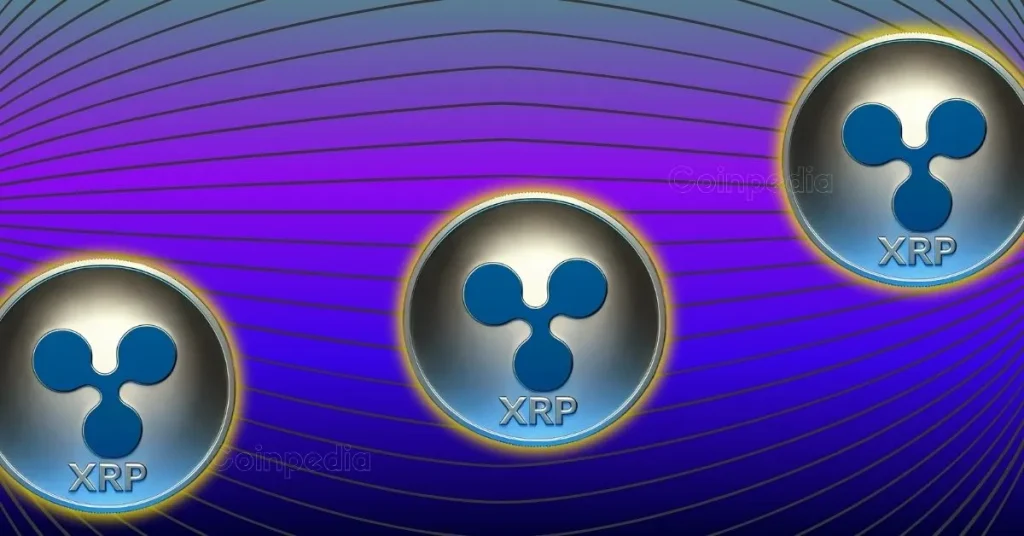
The post Ripple’s Unravelling: Dispelling Six Lawsuit Misconceptions in Q2 2023 Report appeared first on Coinpedia Fintech News
Ripple has catapulted back into the limelight with its Q2, 2023, XRP Markets Report, putting the proverbial “gavel down” on six misconceptions surrounding the recent lawsuit ruling. By taking a firm stand, the company aims to correct the distorted narrative that has been circulating and shed light on the nuanced implications of the court’s decision.
Unravelling Misconception One: “A Split Decision”
The first common misconception Ripple seeks to debunk is that the court’s ruling was a split decision. The company stresses that the crux of the case has always been about seeking clarity on the regulatory status of XRP within the United States. From the inception of XRP, Ripple has staunchly maintained that it is not a security. The court’s ruling, aligning with this position, is thus a monumental victory not just for Ripple but the broader crypto industry as well.
Clarifying Misconception Two: XRP’s Multiple “Personalities”
The second myth Ripple contests concern the belief that XRP can sometimes be viewed as a security and other times not. Ripple counters this by highlighting a section of the judgment stating, “XRP, as a digital token, is not in and of itself… an investment contract” and thereby, not a security. They assert that XRP’s status does not fluctuate; it remains a non-security except when coupled with promises of a return.
Debunking Misconception Three: The Stock Analogy
In response to the third fallacy—that a share of stock is always a security, and thus certain XRP transactions should be securities—Ripple asserts that the existence of an investment contract must be evaluated on a transaction-by-transaction basis, a standard not applied to traditional stock shares.
Dispelling Misconception Four: Retail Protection
Ripple strongly refutes the fourth misbelief that the court ruling only protects sophisticated institutions at the expense of retail buyers. They argue that the court’s decision was centered around the SEC’s jurisdiction and had nothing to do with shielding institutions while leaving retail buyers vulnerable.
Unraveling Misconception Five: Absence of Fraud
The company highlights that, unlike many other cases overseen by the SEC, there were no allegations of fraudulent activity within their lawsuit, which counters the fifth misconception that Ripple was involved in fraudulent practices.
Setting Straight Misconception Six: Fair Notice Defense
Lastly, Ripple challenges the belief that the court ruled against its fair notice defense. They clarify that the court rejected the fair notice claim for “institutional sales” only, leaving the fair notice defense for other transaction types open for debate.
Ripple’s report provides a compelling perspective, showing that the lawsuit’s aftermath continues to ripple across the cryptocurrency landscape. By challenging the misconceptions and setting the record straight, Ripple continues to shape discourse and help shape the future regulatory landscape for digital assets.

 2 years ago
157
2 years ago
157














 English (US) ·
English (US) ·